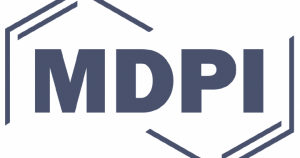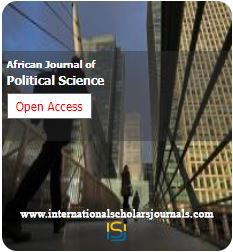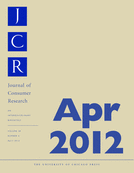A new report from a UK Parliament committee calls for scientific publishers to correct and retract papers much quicker than they currently do, for the sake of research integrity and reproducibility.
The Science, Innovation and Technology Select Committee of the House of Commons issued its report today, following an inquiry to which Retraction Watch and one of our cofounders, Ivan Oransky, provided evidence. Many others also gave evidence, including sleuth Dorothy Bishop.
The report is an extensive look at current issues of reproducibility and research integrity, and includes many recommendations. About the role of scientific publishers, the report says:
Continue reading Retractions should not take longer than two months, says UK Parliament committee








